
Perhaps you’re:
- a student who values the ability to recall new information — which is essential to learning, impactful on critical thinking, and streamlines studying for better test performance,
or
- a business professional who’d like to quickly master associates’ names and memorize current statistics to lead more effective and productive business conversations,
or
- a healthy senior who wants to assuage the frustration of normal age-related “senior moments” and other forgetfulness with better brain function.
But you wonder. Is it really possible?
You probably know fellow students, colleagues, or family members who effortlessly remember historical facts, names, birthdates, or phone numbers. You’re amazed at their ability to recall details of previous conversations, recite scripture, or learn a new language.
Do your so-called memory-wizard friends have special powers you don’t?
The resounding answer is “no”. However, they’ve likely (naturally or intentionally) adopted the use of some simple memory hacks that could help you too!
So, how do you keep up, or at least get in the game?
Have no fear! In this post, we’ll take a look at what scientific research has uncovered and reveal tips and techniques for how to make your memory better.
Spoiler Alert: Memory help is on the way!
Here’s what this post will cover:
Can You Really Improve Your Memory?
18+ Proven Ways to Improve Your Memory
1. Get Moving for Your Memory
2. Do Strength or Resistance Training
3. Maintain a Healthy Weight
4. Get the Right Amount of Quality Sleep
5. Avoid or Limit Alcohol Consumption
6. Stop Smoking (and Vaping)
7. Avoid Substance Abuse
8. Balance Stress in Your Life
9. Support Memory with the Right Foods
10. Schedule a Check-Up
11. Brain Exercises: Pump Some Gray Matter
12. Have an Open Mind: Meditation and Yoga
13. Simply Socialize
14. Keep a Reflective Journal
15. Memorize Numbers with the Major Method
16. Do Some Mind Mapping
17. Magnetic Memory Map
18. Memory Palace (or Square)
Where To Start?
How to Improve Short-Term Memory
Improving Long-Term Memory
Strive to Be Your Best Self!
Let’s begin with the question on everyone’s mind.
Can You Really Improve Your Memory?
So, what do we mean by memory improvement?
Aside from individuals with cognitive diseases or memory disorders, you may be one of the many people who are curious about improving their ability to process and store information for easier recall at a later time.
Scientific research has discovered several positive external effects on the different types of human memory. This means humans have several actionable ways to enhance their short-term and long-term memory retention.
Not surprisingly, memory research has shown that improvements to physical health go hand-in-hand with brain function and memory improvement. Stronger psychological, emotional, and spiritual health boosts memory as well.
By taking a comprehensive approach to your good physical and emotional health, you steer clear of the primary reasons for cognitive decline:
- Poor diet
- Lack of exercise
- Lack of neurobic activities
- Alcohol and drugs
- Inadequate sleep
We’ll explore the long list of actionable steps you can take to improve your ability to remember.
We’ll also look at some proven memory improvement tips and techniques that you can use to enhance your approach to learning, storing, and recalling information. (The good news is that you’re not completely at the mercy of your brain’s current state!)
A caution here: There’s no single miracle elixir for improving memory.
Currently, there’s no miracle pill or other single simplistic way to improve your memory. Your memory improvement depends on “checking as many boxes” as you can from the following list.
18+ Proven Memory Improvement Tips
While you don’t have to do everything on this list, it’s helpful to incorporate as many of the following methods as you can.
1. Get Moving for Your Memory
We all know that physical exercise is important to maintaining a healthy lifestyle, but did you know that even mild physical exercise benefits memory?
A 2018 brain imaging study of healthy young adults showed hippocampal-dependent memory (memory processing) improvements immediately after 10 minutes of very light exercise, comparable to walking at a slow pace.
Brain chemical researchers have learned that higher levels of BDNF (brain-derived neurotrophic factor) protein correlate with improved cognitive performance. This is due to the protein’s strong supporting role in encoding long-term memories in our brains.
Animal studies show higher levels of BDNF in rodents that exercise in contrast to those that do not, leading clinicians to now include exercise in neurotherapy programs.
Ancillary benefits of aerobic exercise – to help with weight loss, promote better sleep, and elevate mood – provide multiple memory-boosting reasons to put on your tennis!
2. Do Strength or Resistance Training
Findings from a Georgia Tech research study indicate that a short session of resistance training can enhance episodic memory, which is long-term memory for events in the past. Weightlifting has shown to increase levels of BDNF and subsequent improvement in memory.
Like aerobic exercise, strength and resistance training improves your physical health and helps improve focus, manage stress, and promote better sleep.
Think you’re too old for strength training? Among the list of 78 benefits of strength training for seniors are “improved mental health and cognitive functioning”, which entails memory improvement.
Studies have shown that senior women realize cognitive improvements with long-term resistance training over other types of physical activity.
3. Maintain a Healthy Weight
Did you know that your weight may have an impact on your memory? Being overweight is linked to concentration and memory challenges. Being underweight is linked to challenges with flexible thinking and decision-making on top of concentration issues.
Body mass index, or BMI, is a classification of the relationship between body weight to height and provides a relative reference to determine if your body weight is healthy for your height. Overweight individuals have a high BMI. Conversely, underweight individuals have a low BMI.
In the case of obesity, systemic inflammation is the suspected cause of cognitive decline. A 2017 University of Arizona study revealed a relationship between high body mass index, the presence of C-reactive protein (CRP) in the blood, and a more rapid rate of decline in brain function over time.
Underweight individuals typically have a myriad of nutritional conditions, including anemia (low hemoglobin) which is linked to mild cognitive impairment (MCI). Additionally, a 15-year study suggested middle-aged or older patients with a low BMI have an increased risk of dementia.
Refer to an adult BMI Calculator to get an idea of your weight status. If your BMI indicates it, consult your doctor for advice on steps you can take to get your body ratio into a healthier range.
4. Get the Right Amount of Quality Sleep
Ahh… sleep! There’s nothing like a good night’s sleep to energize your body and mind!
On the contrary, one sleepless 24-hour period is equivalent to a blood-alcohol level of 0.08 percent or more (over the legal driving limit), which understandably accounts for cognitive issues the next day with alertness, concentration, judgment, and complex or logical thinking.
But how much sleep is the right amount?
Experts say that adults (18+ years) need between 7.5 and 8.5 hours of sleep in a 24-hour period. But, sleep quality often deteriorates as we age.
Researchers at UC Berkeley linked poor sleep quality with memory loss. They discovered that during deep sleep, brain waves transfer memories from the hippocampus to the prefrontal cortex, where they’re stored. But older adults’ ability to enter deep sleep is often interrupted, which impairs memory storage.
If you’re prone to sleep-related problems like getting to sleep, staying asleep or daytime sleepiness, consult your doctor or a sleep specialist for possible causes so you can start getting the rest you need for better memory.
5. Avoid or Limit Alcohol Consumption
It probably won’t surprise you that research shows heavy alcohol consumption impairs or damages memory. However, daily alcohol consumption limited to “moderate” ranges can cause memory issues as well.
In order for memories to be formed and saved, our brain leverages a communication system between neurons in the hippocampus. Simply put, this communication system is slowed or derailed by alcohol. This reaction explains short-term memory losses after a night of partying.
Long-term memory losses occur with heavy alcohol consumption by causing damage to nerve cells in the hippocampus. Additionally, thiamine deficiencies caused by heavy alcohol consumption can cause dementia, a progressive and permanent loss of memory.
The U.S. Center for Disease Control’s recommendation calls for moderate alcohol consumption for those who drink, limited to 1 drink for women and 2 drinks for men. (Also note that the recommendation is not to be considered a daily average.)
If you’re noticing memory loss and you consume alcohol, consider cutting back or avoiding alcohol. Be aware that our brains are more sensitive to the effects of alcohol as we age.
6. Stop Smoking (and Vaping)
The most noted negative effect of smoking is its impact on the lungs and heart, but here’s another reason to quit: The reduced supply of oxygen due to damaged blood vessels and exposure to over 50 toxic chemicals contributes to cognitive issues, including memory loss.
Nicotine, the primary component in cigarettes and e-cigarettes, is a highly addictive stimulant that affects concentration, learning, and memory.
Even “social” smokers are at risk for memory loss. A 2012 British study concluded that both daily and social smokers’ poor performances on memory tests were similar, with no significant difference between the two groups.
The good news is those who quit smoking will realize improvements in their overall health and memory performance. It’s well known that smoking is a difficult habit to break, so talk to your doctor and try some of these addiction breakers.
7. Avoid Substance Abuse
Chronic drug abuse can lead to difficulty in concentration, which is essential to learning and remembering. Due to drugs’ ability to cause harm to several regions of the brain, long-term abuse can negatively impact a person’s ability to think and solve problems.
In addition, studies of both long- and short-term Ecstasy and recreational drug users were shown to have some level of memory impairments, specifically with prospective memory, which is the ability to organize, plan, and multi-task.
If you use drugs recreationally, consider recovering from addiction with the help and support of your friends and family.
8. Balance Stress in Your Life
Memory and stress have an odd relationship. Highly stressful circumstances often form unforgettable memories in our brains, like being robbed at gunpoint. But, when we’re trying to learn, stress (i.e. adrenaline) battles against our attempts to remember things.
Emotional disturbances like stress, anxiety, and depression can cause difficulty with focus (concentrating) and subsequent forgetfulness. According to a Berkeley study, chronic stress and anxiety cause changes in the brain that interrupt normal communication and memory processing.
Fortunately, stress and other emotional disturbances can be managed, which can make your memory better. If you’re concerned about stress, depression, or anxiety as a cause for memory concerns, consult your doctor.
When you’re feeling stressed, sensory experiences like these quick stress relievers will help you relax, realign, and improve your focus.
9. Support Memory with the Right Foods
Want to know how to strengthen your memory?
Stop poisoning it.
Seriously:
The foods you eat have a tremendous impact on your brain health and memory. Your brain function is impacted negatively by eating foods that cause inflammation or contain toxic chemicals. You can strengthen it by discontinuing foods that weaken it and adding ingredients to your diet that support it.
Optimally, your diet should support the production of the brain chemical BDNF (the brain-derived neurotrophic factor protein that increases with exercise) and good blood flow to your brain.
But how do you know what to eat? This list of 11 foods to boost your memory is a great place to start while investigating other brain-boosting food sources.
Savor Some Flavonoid-Filled Fruits and Veggies
There are over 6,000 types of flavonoids, which is a family of plant chemicals that are the reason (in part) for the colors of fruits and vegetables. When consumed, they provide a myriad of health benefits, specifically antioxidant properties with anti-inflammatory effects and an increase in blood flow to the brain.
A 10-year study of seniors suggested that high dietary flavonoid consumption is possibly associated with better cognitive performance.
Another study focused specifically on fruit flavonoids found that they seem to protect brain neurons from toxic or inflammatory-based injury — suggesting that eating flavonoid-rich fruits like apples, berries, and citrus can limit or reverse age-related memory deteriorations.
Scientists are still working on zeroing in on recommended amounts of specific flavonoids to fight specific brain-related diseases and conditions. In the meantime, don’t overlook the healthful benefits of including colorful fruits and vegetables to your diet.
Reduce Sugar Intake and Other Inflammatory Foods
Although elevated glucose levels are harmful to the entire body, note that memory functions such as concentration and attention are negatively impacted by the inflammatory effect of excess sugar as well.
A study of trained rats showed that they realized memory improvements by replacing a high-fat, high-sugar diet with a low-sugar, low-GI (low glycemic index) diet.
While reducing sucrose and fructose found in sugar, minimize your intake of other foods with trans fats and refined carbohydrates. Vegetable oils and processed meats also promote inflammation, which can adversely affect your memory.
Consider Choline
Choline – an essential nutrient found in eggs, beef liver, soybeans, and potatoes – supports brain development. The recommended adequate intake (AI) of choline for healthy adults ranges from 425 mg (females) to 550 mg (males) per day.
Check natural food sources of choline to add to your healthy balanced diet.
For example, a hard-boiled egg has approximately 147 milligrams of choline, which is about one-quarter of the daily recommended intake. Lecithin, a common food additive in processed foods, is rich in phosphatidylcholine and accounts for about half the dietary choline consumed in the U.S.
A Word About Vitamins and Supplements
There’s a lot of buzz about vitamins and supplements designed to promote brain health and memory enhancement. Some of these claims are legitimate with respect to brain disorders such as Parkinson’s disease and Alzheimer’s disease, but may have trade-offs.
If you want to improve memory and have considered adding vitamins or memory supplements to your protocol, do your research before selecting the right high-quality supplement that fits your needs.
10. Schedule a Check-Up
Work with your doctor to manage any chronic conditions like high blood pressure, diabetes, anxiety, depression, and obesity. Simple blood tests for hypothyroidism and your LDL cholesterol level can help reveal manageable solutions for improving your long- and short-term memory.
Changes to your physical or mental health or side effects of prescription medications may be the cause of memory challenges.
Hearing loss and poor vision are potential causes of reduced memory function as well.
Research shows that people with hearing loss are two times more likely to develop cognitive impairment than those with normal hearing. Protecting your senses can help preserve your brain function.
Your overall health is just as important to your cognitive function as it is to the rest of your body. If you’re concerned about forgetfulness and other changes to your memory function, arrange for a full physical and discuss your symptoms with your doctor.
11. Brain Exercises: Pump Some Gray Matter
In order to maintain good health, your body needs exercise. So does your brain! Let’s explore the kind of exercise that’ll show you how to increase memory without breaking a sweat!
Concrete brain and memory exercises like visualization or repeating and recalling will help you with focus and concentration as well as increase your mental agility and improve memory. Choose activities that you like, but challenge your comfort level often.
Some suggested brain exercises are to play cards, watch quiz shows, and work a Sudoku puzzle.
12. Have an Open Mind: Meditation and Yoga
Among the many positive effects of meditation or yoga, improved memory and the ability to focus are reasons to consider practicing.
Simplistically, the difference between yoga and meditation is that yoga combines physical movement with mindfulness, while meditation is practiced while sitting still.
Meditation for mindfulness and concentration is a learned skill, but is easy to pick up and provides greater cognitive benefits (and reduced stress and anxiety) over time. For a great introduction to concentration meditation, check out these 12 focus exercises.
13. Simply Socialize
Studies at the University of Michigan discovered a correlation between a higher amount of social interaction and higher cognitive function levels in people of all age groups, while also concluding that even a 10-minute conversation can boost intellectual performance.
Find opportunities to fill in your social calendar, like visiting an art gallery with a friend, volunteering for a local cause, starting (or resurrecting) a hobby, or taking a class.
14. Keep a Reflective Journal
Do you want to remember more about your life? How about your dreams?
Reflecting on your daily activities and thoughts in a daily diary or journal has many benefits, including improvements to working memory, processing thoughts, gaining focus, and reducing stress.
Plus, reviewing what you’ve written in the past is a great way to boost your explicit memory (long-term memory of facts and events in your life).
An easy way to start is to dedicate a notebook (or video or audio journal) for recording one unfiltered observation about each day.
15. Memorize Numbers with the Major Method
Let’s face it. Numbers are tough to remember and recall by themselves. Our brains need help with remembering phone numbers, dates, and other numerical data. Enter the Major Method.
The Major Method uses the association of certain letters and their sounds to each digit 0-9.
To remember numbers, form words with these associated sounds to remember a string or combination of digits. Then, take your number memorization skills to the next level with these 3 most powerful memory techniques!
16. Do Some Mind Mapping
The technique of Mind Mapping, popularized by Tony Buzan, is a powerful and creative memory training and visual tool that combines words with images to help clarify interrelated concepts and enhance learning.
“Through using our memory to its fullest we can unlock the vast reservoir of human potential that isn’t currently being used.” — Tony Buzan
Mind mapping improves memory by leveraging focus and energy to create it. While creating a mind map, you associate concepts and use your imagination to help store information into memory.
17. Magnetic Memory Map
At MMM, we’ve combined the use of Mind Maps with the Major Method to suggest a modified Memory Palace technique (see the next tip) that’ll help you boost memorization of up to twelve pieces of information.
By practicing the rules of this simple technique, you can accelerate learning and memory recall of a small quantity of related facts.
Interested? Check out the 12-point Magnetic Memory Map.
18. Memory Palace
The ultimate “go with what you know” memory technique, the Memory Palace technique leverages your personal cognitive maps, your own conceptual representations of familiar locations (like your home or neighborhood).
As you mentally travel through your familiar location, place information in specific areas along the “walk.” To recall that information, you take your mind on an imaginary “walk” along the route to retrieve the target information.
Sometimes called a Mind Palace, Journey Method, Roman Room, or Method of Loci, the Magnetic Memory Palace technique uses effective visualization or “magnetic imagery” to create mental associations that help information “stick” in a memory palace and “repel” any distractions.
Where To Start?
As you can see, there’s an abundance of actions you can take to improve your memory!
But here’s the issue with many of these tips:
When it comes to self-care and upgrading your health status, it takes time to see improvements in your memory. You wonder: “What about some instant gratification?”
Mindful, of course, that while more healthful deep-rooted changes go to work in the background, you can realize some quick wins that’ll incentivize you to stay on track to better memory!
A good approach is to determine the memory type (or stage) that you’d like to focus on, then work toward success in that area.
Let’s explore distinct memory improvement tips, strategies, concepts, and techniques that are specific to short- and long-term memory.
How to Improve Short-Term Memory
A disheartening fact about short-term memory is that the capacity for working data is limited.
Due to this limited capacity, the fate of data in short-term memory is determined in less than a minute to allow room for new data to flow in. Technically, it’s tough to improve short-term memory.
However, the desire to improve short-term memory typically pertains to facilitating easier recall of new information or thoughts.
In order to give new information a chance at surviving more than a minute, our brain must “work” or “stage” the memory for processing into long-term memory. The key to improving working memory is to efficiently and consciously assist that “staging” process.
What do we mean by “efficiently and consciously?”
The efficient and conscious use of our brain leverages its innate tendencies, deliberately engaging the manner in which we’re biologically wired to remember.
Here’s the biological scoop on the nature of the human brain and short-term memory:
- Our brains are especially good at remembering locations (known as spatial and visual memory).
- Our short-term memory capacity is limited to about six or seven “slots”.
With that knowledge, you can consciously help your brain “stage” short-term data by picturing things in your mind (visualization) while breaking down or consolidating (chunking) data into packets of information.
Here’s a simple example:
Cleaning the bathroom, you use the last of the bleach. While emptying the trash can, you notice a discarded tube of toothpaste and empty bottle of antacids.
To remember the items, you think of the acronym “BAT” (Bleach/Antacids/Toothpaste) and visualize a baseball bat-shaped pencil lying on the shopping list on the kitchen table.
You’ve successfully used chunking, visualization, and spatial memory to help you remember the three items to add to your list the next time you’re in the kitchen.
The way we process information in short-term or working memory is helpful in creating a more efficient path for memories to move into long term storage.
Improving Long-Term Memory
To improve long term memory, the technique of leveraging your brain’s innate “wiring” still applies.
The quality and strength of long-term memories can be enhanced by combining several techniques.
Strong, retrievable long-term memories are:
- elaborately encoded,
- have a (neuron) buddy and
- are rehearsed.
Elaborate encoding techniques link new information with knowledge you already have. By associating your existing knowledge (a neuron buddy) to “sensory images” (”sensory modes”) of the new information (extremely elaborated for emphasis), you create strong visual images.
Repeating or rehearsing these sensory images and their storage points (say, in a Memory Palace), will strengthen memories and make recall easier.
Want to give a Memory Palace for experiencing long term memory a try? Memorize the presidents with this fast and fun free guide.
Add to your arsenal other mastered techniques and tools, such as Mind Maps, the pegword method, the Major Method or Dominic System (for numbers), and you could become the next memory champion.
By employing these techniques, measurable long-term memory improvements are within reach.
Not to mention that memory training is creative and fun, too. Especially when you get each and every type of your memory involved.
Strive to Be Your Best Self
You deserve to feel better about your memory, so why not strive to be your best self?
A holistic approach to improving your memory with this comprehensive list is your best strategy. Build habits that will improve your health and self-care wherever possible and leverage memory improvement techniques mentioned here to optimize your results.
You’ll notice that even minor changes to your self-care and adopting new techniques will contribute to improved memory and encourage you to continue exploring ways to boost your memory potential!
Your efforts here will take some commitment and continued maintenance, but imagine your confidence, optimism, and vitality when learning and remembering become easier than ever before! It’s a reward unto itself!
Want to learn how to use a Memory Palace to improve your memory and help you retain the information you’ve always wanted to learn… and remember? Sign up today to get your free Memory Improvement Kit!


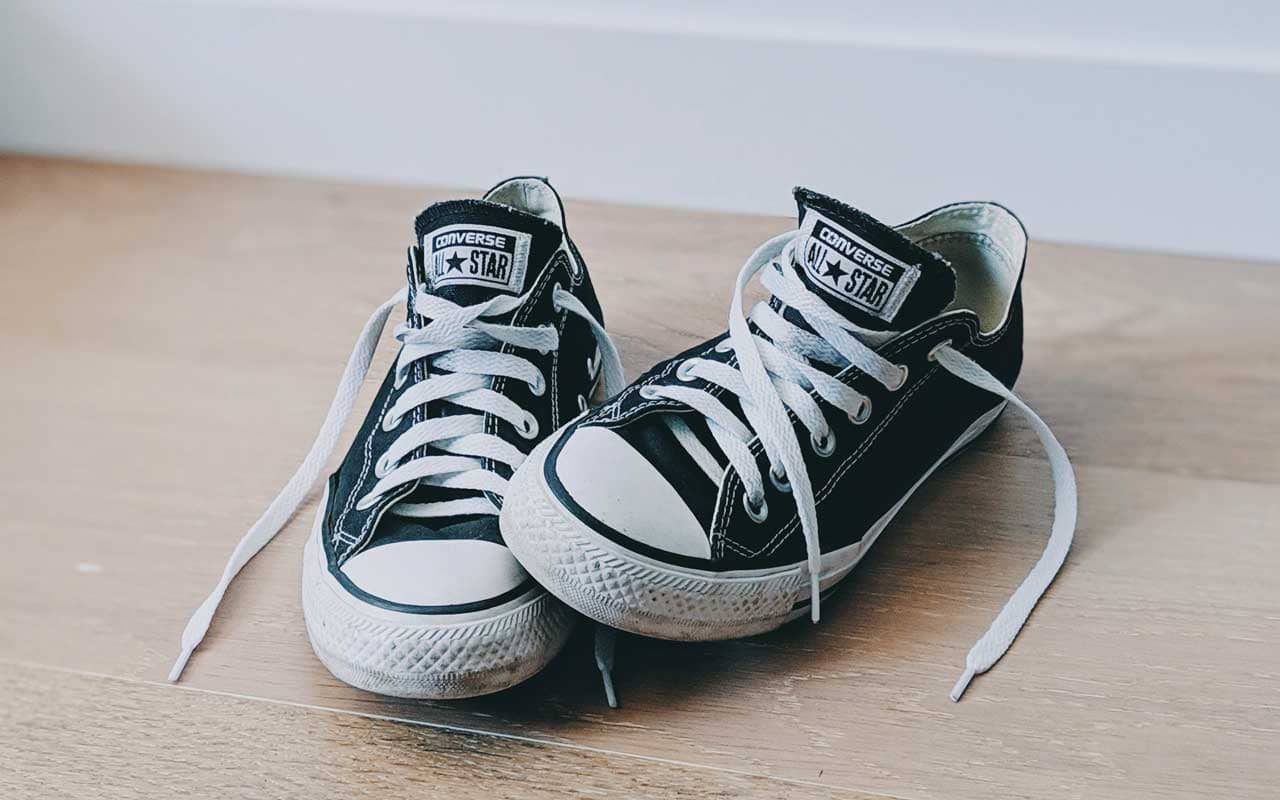
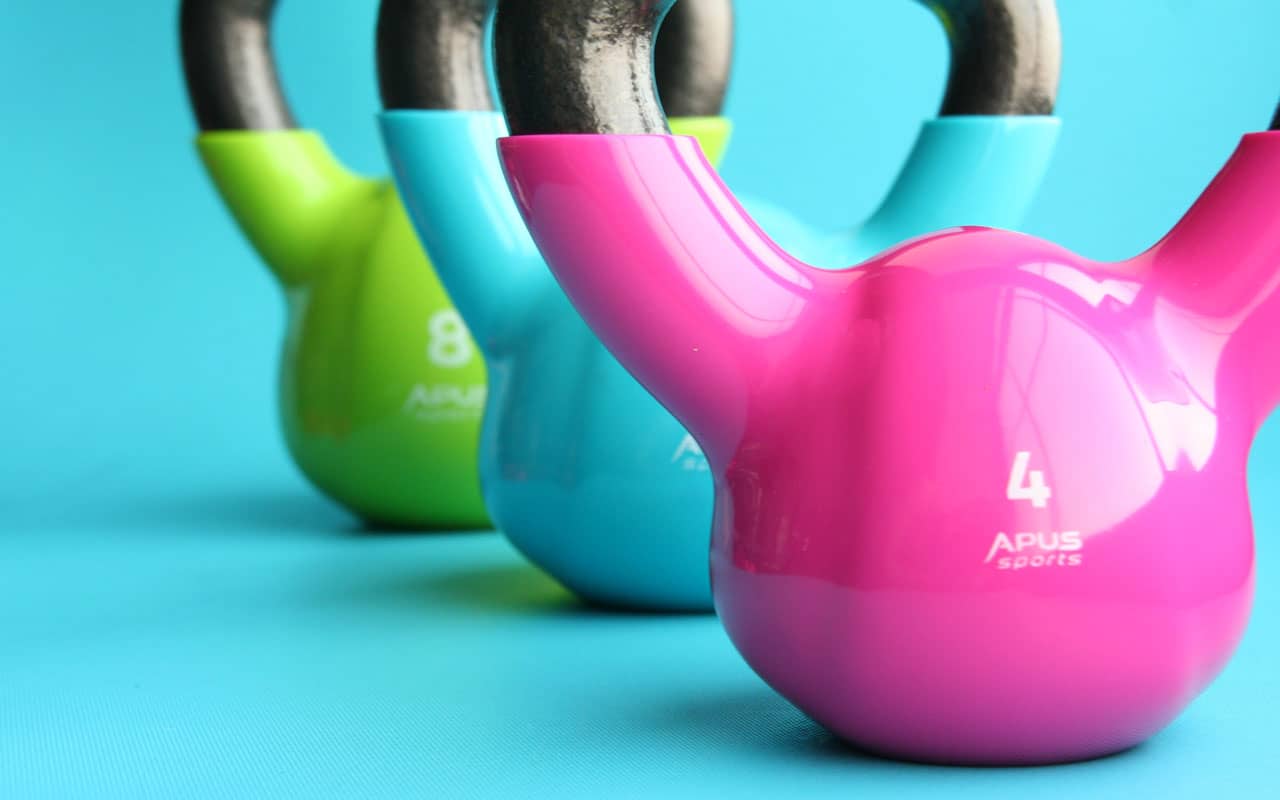
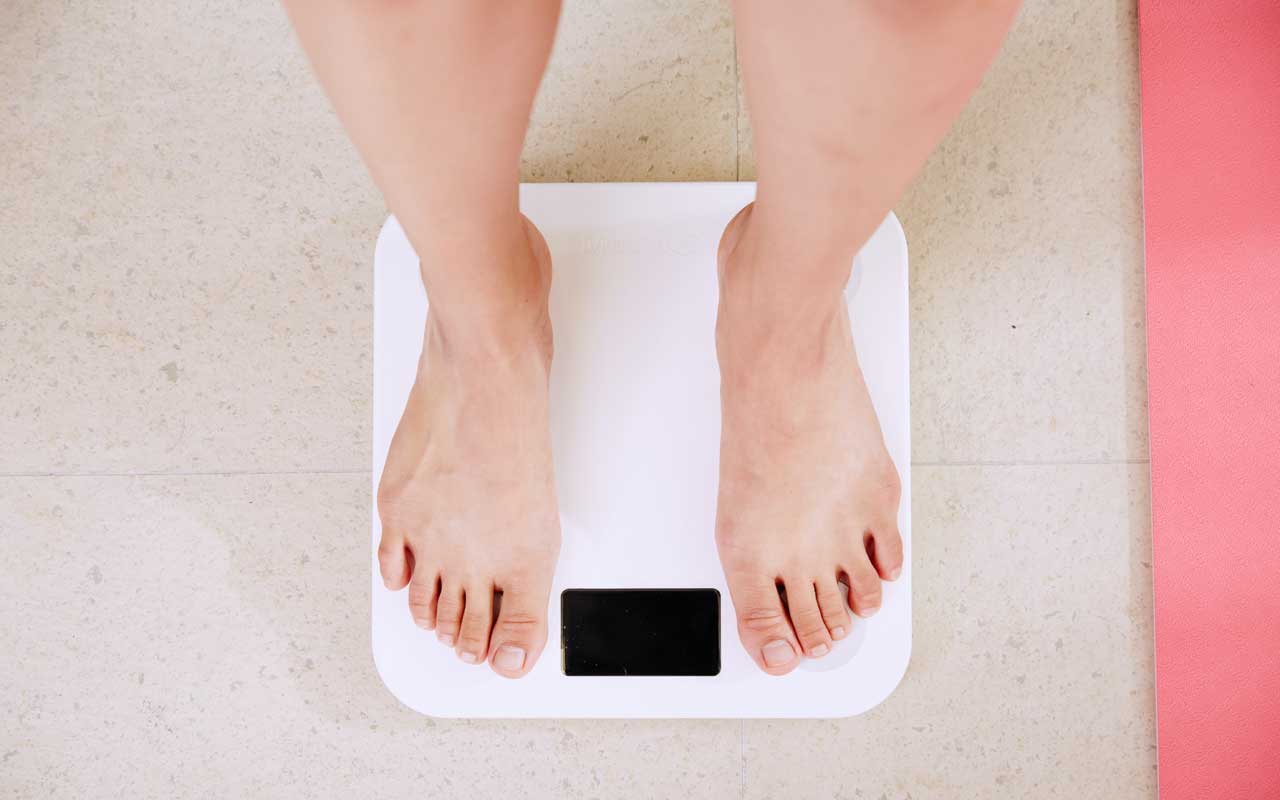





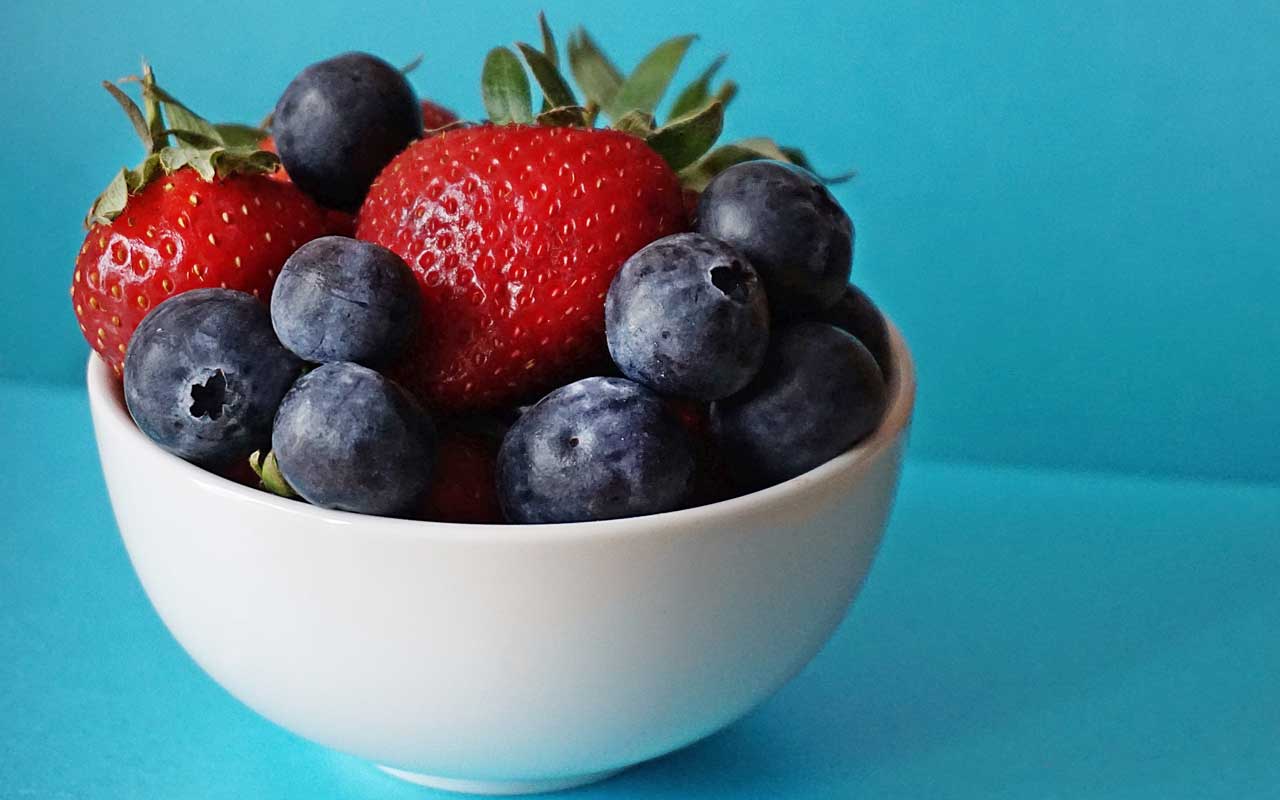


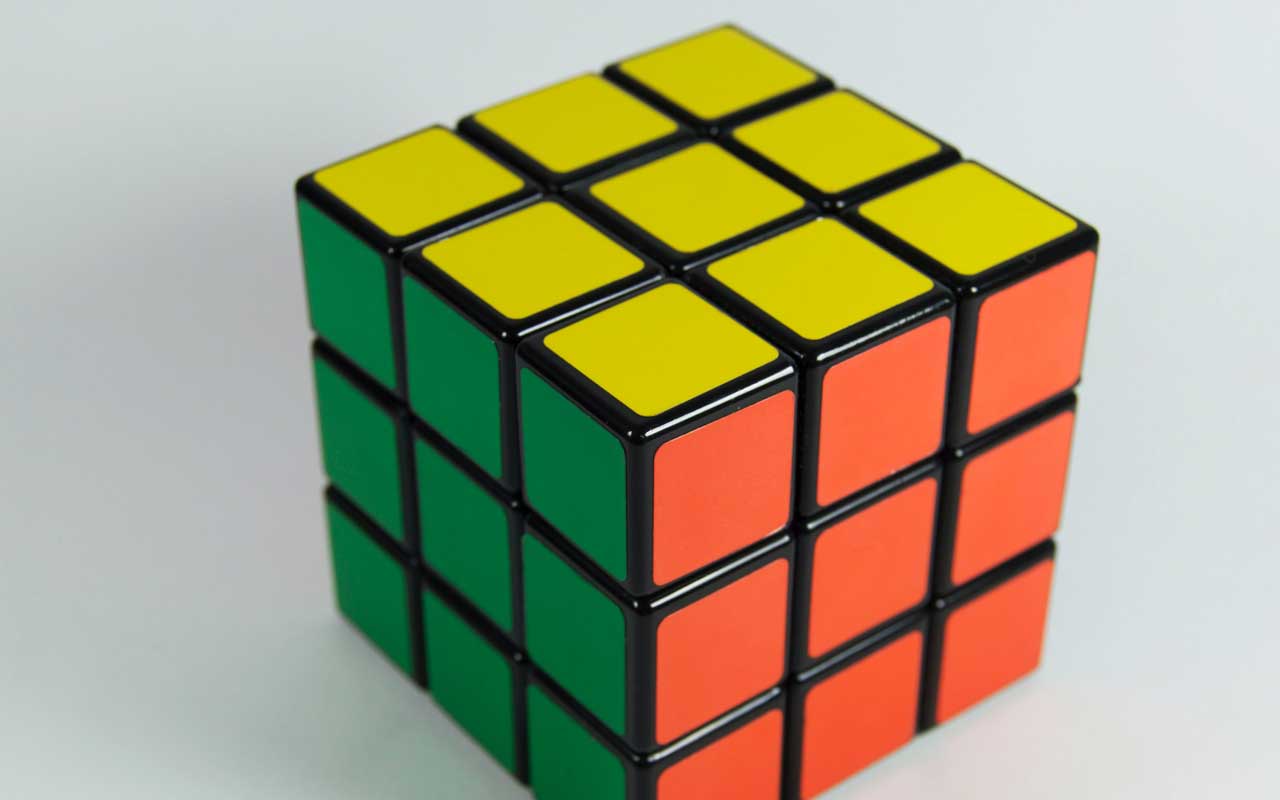
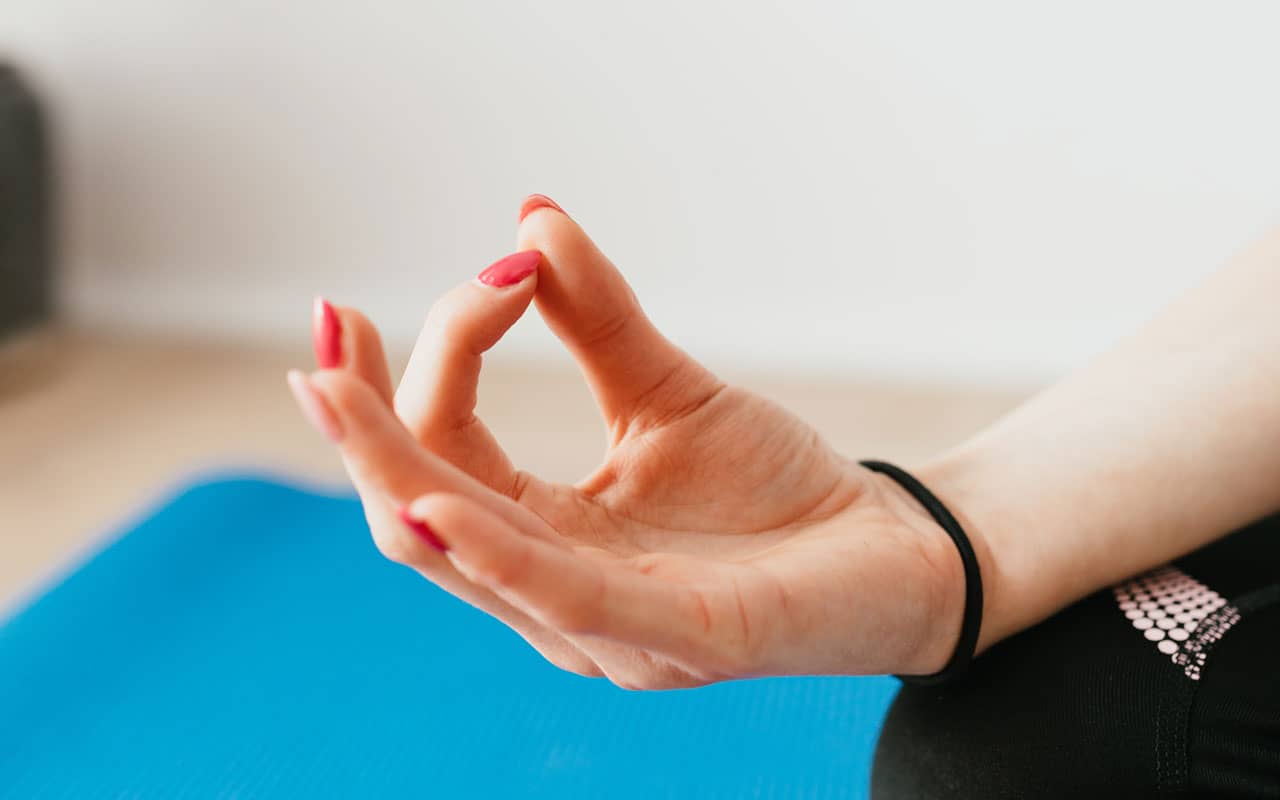


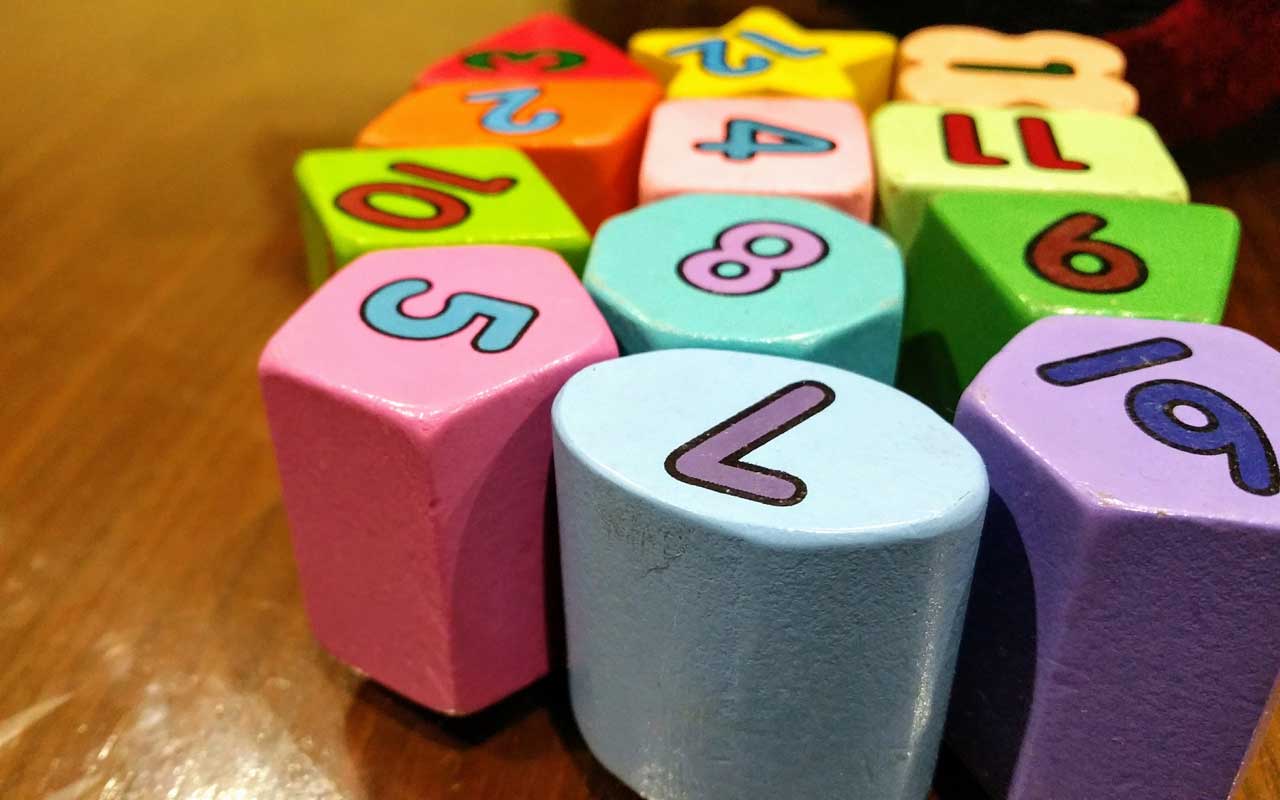
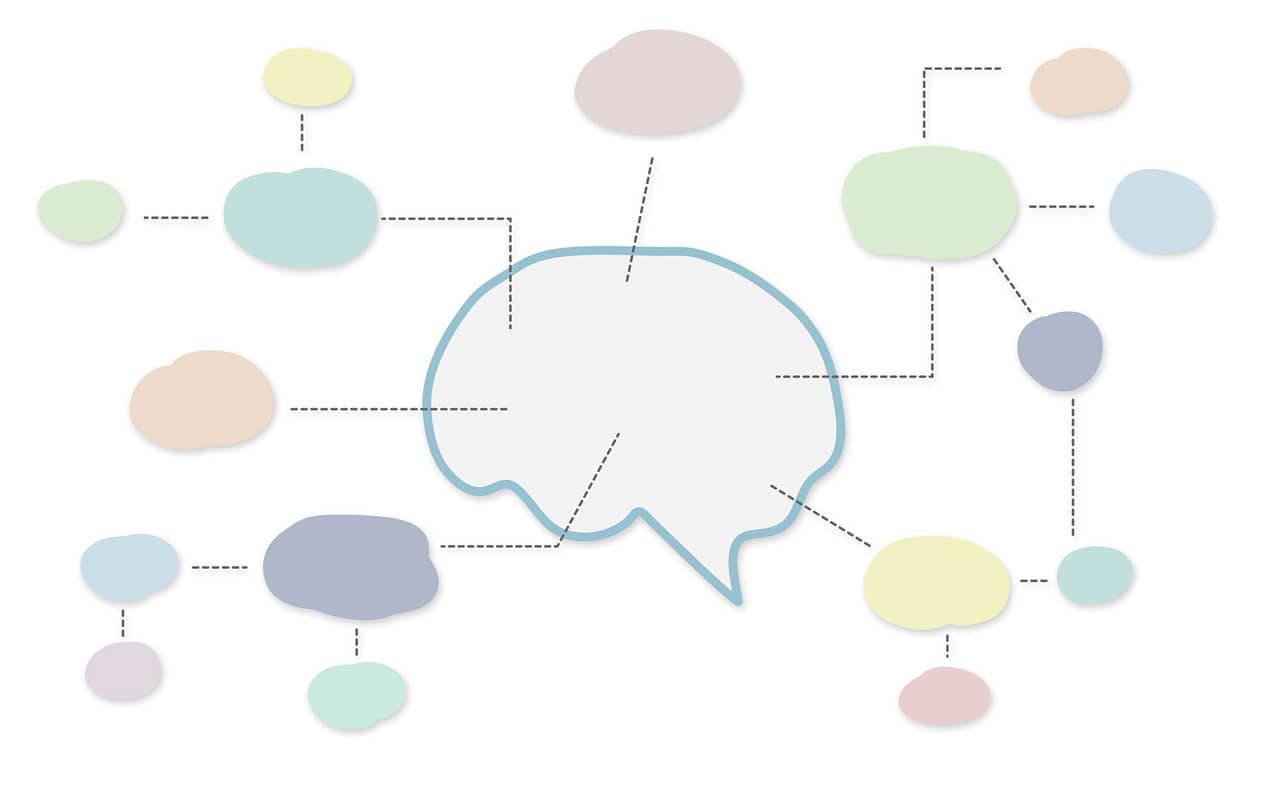




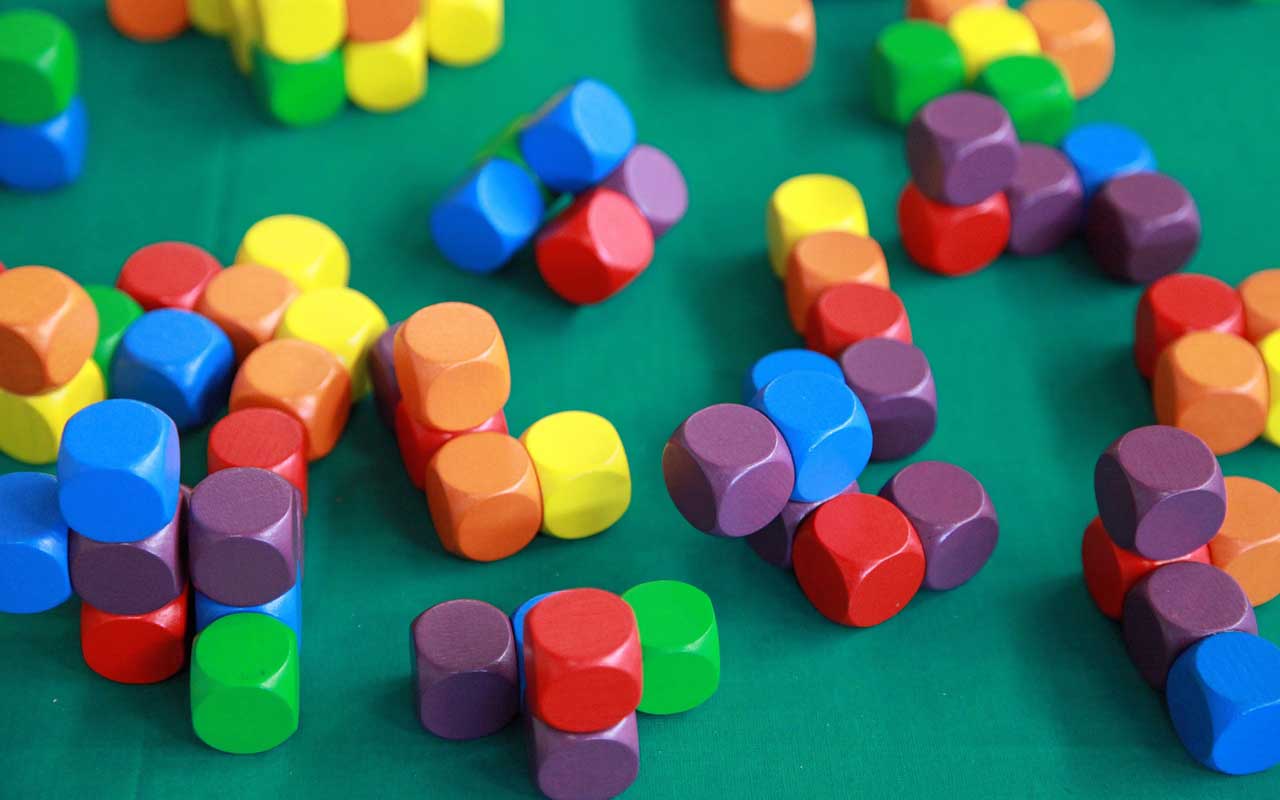




Very helpful. This motivates my learning career.
I’ve been using some of these techniques sometimes but what about more motivation and the will to learn?
Thank you.
Thanks for your post and I’m glad you found it helpful.
Motivation is a tricky thing because we need to be able to move forward even if we’re not motivated.
A lot of science shows that just taking action consistently will help the brain will build the chemicals involved in habit formation.
Journaling will help as well, and if you can, I recommend adding in some meditation.
Finally, we live in a time of distraction. I highly recommend that people treat the courses they take like weekend seminars.
It’s really important to fend off distractions and the most beautiful thing is because only we as individuals can show up to do it, we get to benefit from all the growth.
Hi there, here are some questions I have regarding memory.
What memory techniques do you use? And how long have you been using them?
To what extent has your ability to memorise information improved since implementing these strategies?
How quickly did you notice change when you implemented memory techniques and what were these changes?
What inspired you to start using memory techniques?
What advice would you give to people who want to improve their memory?
Thanks for your questions, Hannah.
I use a variety of techniques, ranging from the Memory Palace to linking and spaced repetition. In music I also use deliberate practice, which is sometimes called dedicated practice.
My ability to memorize information has improved immensely, both on the fly, and in a more slow and dedicated manner for my personal learning projects.
The initial change was very quick. I memorized my first deck of cards about 15 minutes after I created my first mnemonic system for that particular learning goal.
My advice to people who want to learn their memory is simple:
Become a devoted system of holistic memory training and memory improvement efforts. That means, taking care of diet, fitness, sleep and your social life. On top of this, spend time learning languages, reading challenging books and using memory techniques in a dedicated manner.
The memory techniques that are a must involve 5 components:
The Memory Palace technique
Alphabet Systems
Number Systems
Symbol Systems
Recall Rehearsal
It sounds intense, but it’s actually very simple. People should commit to at least 90-days of study and practice. After that, they stand a high chance of enjoying superior memory for life.
Please let me know if you have further questions and I’ll get back to you a.s.a.p.